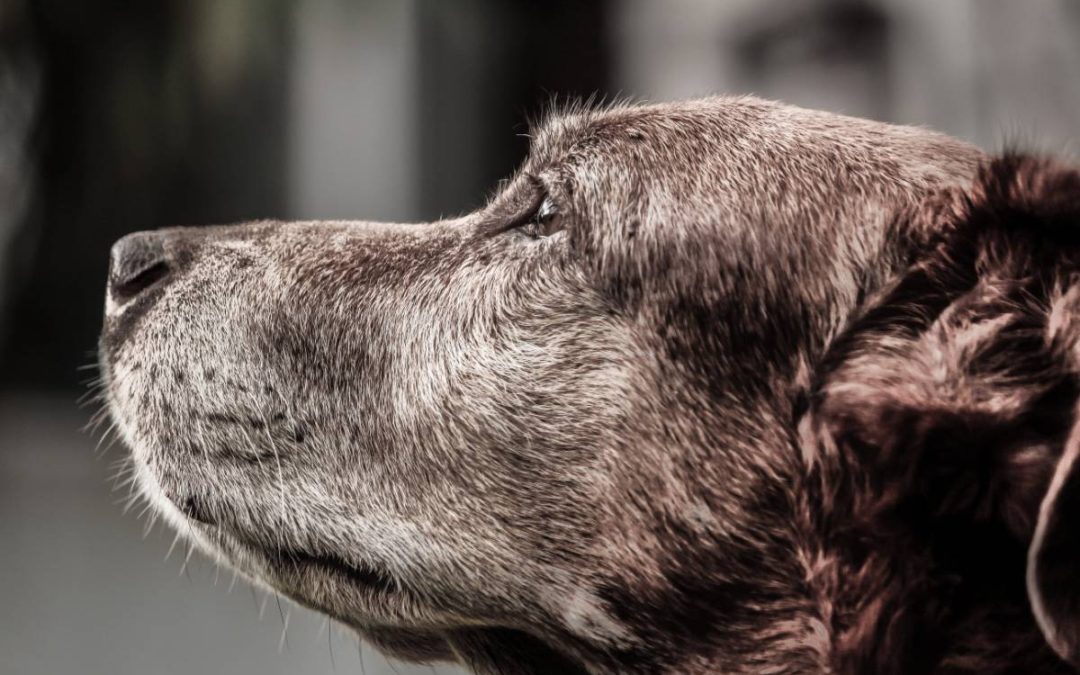Euthanasia is a touchy subject, and many people avoid the topic altogether. Making the decision to euthanize a pet can be overwhelming and heart-wrenching, bringing on a slew of mixed and complicated emotions. While making this decision is difficult and can even seem unfair, it is important to remember that this is our one last act of love.
Euthanasia is a gift.
It took me a while to figure that out. When I started working as a veterinary technician, I tried to prepare myself for the emotions and heartache involved with euthanizing a patient. Nothing can really prepare you for this. And, no, it doesn’t get easier with time.
Eventually I came to understand that when used responsibly, properly, and timely, euthanasia prevents physical suffering for patients as well as ending emotional suffering for pet owners. We don’t want to watch our pets suffer, and while this decision can be difficult in many ways, it can bring peace for your pet when they’ve lost their joy.
Making a difficult decision
When you have a difficult decision to make, it is important to be kind to yourself. The right decision may seem impossible and totally out of reach, sometimes leaving you at a loss with what you should do. This is the moment that many pet owners question their timing. Is it too early? When is the right time?
There isn’t one specific answer to this. Determining and evaluating your pet’s quality of life, can help you through this process. Remember, you are not alone. Your veterinary healthcare team can answer your questions and help you through this process.
Dr. Dani McVety, founder of Lap of Love Veterinary Hospice, prefers asking when is the “best” time, instead of when is the “right” time. If you are at a stage where you are questioning if it is time yet, then you have probably hit the time frame where you need to seriously assess your pets quality of life. Monitor your pet for some of the signs listed below, and reach out to your veterinary health care team to review your questions and concerns.
Physical suffering
Some common signs of pain in pets are listed below.
- loss of appetite
- reduced activity
- excessive licking and grooming
- whimpering or whining
- decreased social interaction
- incontinence
Anxiety
In some cases, anxiety comes secondarily to pain. Oftentimes pet owners notice the following anxious behaviors.
- whining
- panting
- pacing late at night
Your veterinarian may prescribe anti-anxiety medications, pheromones and/or supplements to help your pet cope with anxiety.
It can be heartbreaking to see a pet lose control of their bladder, or to watch a pet that normally begs for food stop eating altogether. Each pet is different in how they experience and react to some of these factors. Keep track of the frequency and severity of these changes, and be sure to reach out to your veterinarian with any questions.
Behavior and attitude changes
You know your pet better than anyone. It’s normal for your aging pet to have good days and bad days. Monitoring behavior changes can assist you in determining your pets level of happiness.
Losing interest in things they normally love, could indicate low levels of happiness. Some examples are listed below.
- toys
- playing with other pets
- favorite activities
- treats
- cuddle time with their favorite family members
It can be tricky to keep track of any of these changes on a daily basis. I recommend the app called Grey Muzzle Quality of Life Calendar, which is available on the Lap of Love website. It enables you to create a pet profile to assist you in keeping track of sudden changes or ongoing trends.
https://www.lapoflove.com/Quality-of-Life/Grey-Muzzle
As I’m writing this, my dog is now 8 years old. While she is only at the beginning of her geriatric years, I can’t help but think about the possibility of having to euthanize her someday. At this age, I already notice her “slowing down” some. I’m confident we still have many years together, but when the time comes, I plan to honor her by spending her last days doing all of her favorite things.
I have one last thing to ask of you. Please stay with your pet during euthanasia. You know and understand what is happening, but they do not. It will bring them a great deal of comfort to have you with them at this time. After all, it is you they are happy to see at any moment in time, no matter the circumstances.
For those of you that are in the depths of making this decision now, have recently euthanized your pet, or have ever euthanized your pet, please know it is perfectly normal to grieve. There is no specific timeline for grieving. These furry family members earn a special place in our hearts and our daily lives, and losing them is extremely painful. If you are struggling with this, please see the link below for helpful resources.
https://www.lapoflove.com/community/Pet-Loss-Support


This is one of the hardest decisions a pet owner ever faces. Your article gives very specific and helpful criteria for helping to make that decision. Thanks for the information.
Thank you so much!